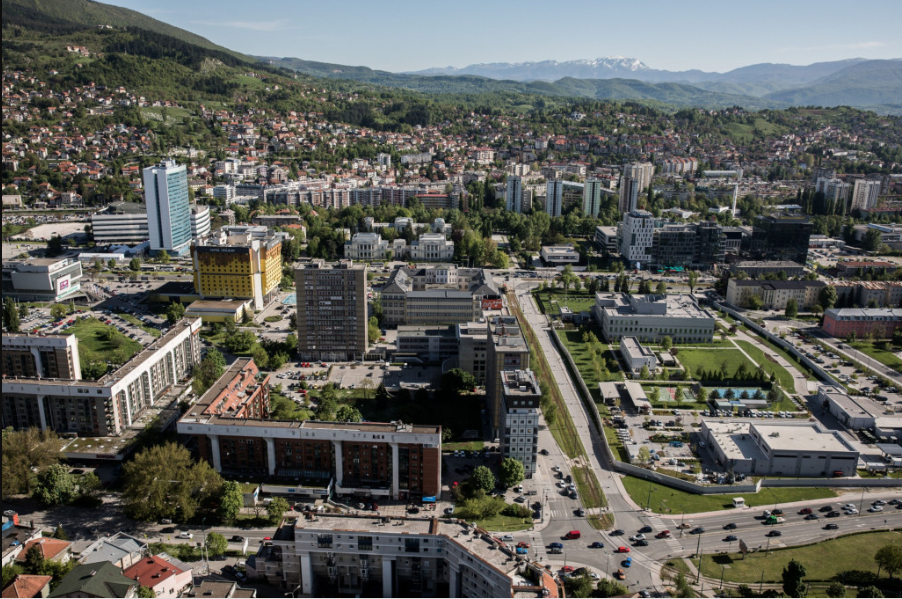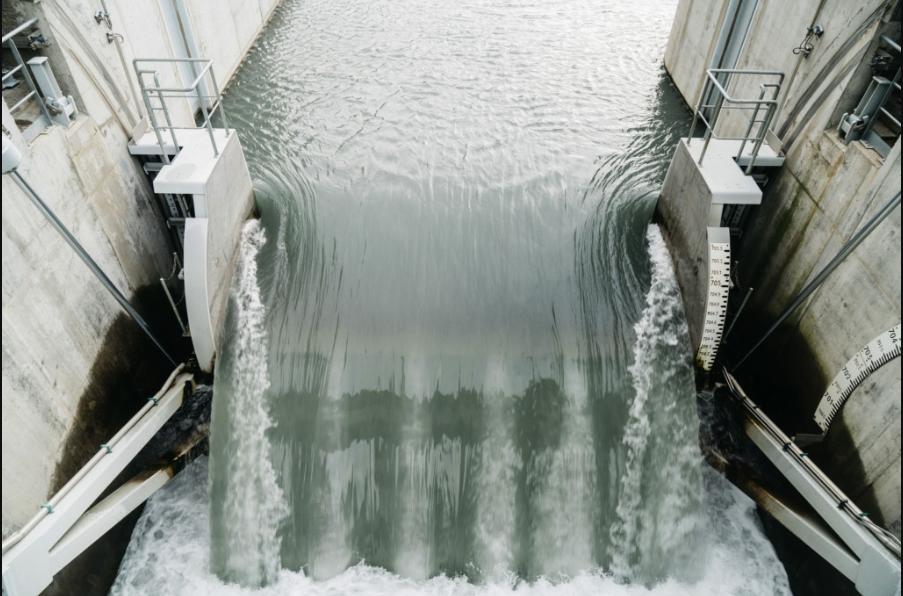Bosnia and Herzegovina has significant development needs, including in the environment sector. It will need external support for environmental, climate and sustainability projects aimed at achieving the goals defined in the Paris Agreement by 2030 and 2050 respectively. Likewise, if BiH wants to become a member state of the European Union, it will have to satisfy the environmental standards.
The research literature on (the effects of) international public funding flows in BiH is scarce, pointing to a lack of scientific scrutiny and independent evaluations of the impacts of international funding, hampering future learning.
Bloomberg Adria issues the Stockholm Institute’s analysis (SEI), the first one which provides a comprehensive quantitative mapping and analysis of the environmental finance (finance for climate change, waste management, environmental protection…) of BiH in the period after the Paris Agreement, including an analysis of main strategies of the development partner institutions (DPI) for BiH.

“The EU’s Green Agenda will provide €9 billion in direct grants and potentially mobilize €20 billion in private investments in 2024–2030”, an EU statement announced. “There are currently no available details on what amount of funding will be received by each Western Balkan country. The key priority of the EU is to embrace a complete transition to the circular economy in the Western Balkan countries.”
Bloomberg Adria earlier wrote that Bosnia and Herzegovina was lagging behind developed countries in the transitions process. This has not changed. Our country is faced with sever pollution, while waste use and recycling are at a very low level.
The transition to a circular economy will have multiple positive effects on addressing the waste problems. It will help the country benefit from waste recycling, but also promote the innovation of manufacturing processes, implementation of new technologies, reduce the costs of raw materials in final products, create new jobs.
The analysis showed that the water policy area received slightly over 50% of all funding. Air quality, climate change, and energy; waste; and environmental management policy areas received almost all remaining funds. The policy areas of biodiversity, chemical safety and environmental noise, and resource management obtained a minuscule funding share, which the authors of the publication find devastating.
“BiH could benefit from diversifying in environmental finance, both from funder and recipient perspectives”, they said.
The authors of the analysis Amar Čausević, Sanjin Avdić, Bernardas Padegimas, and Biljana Macura believe that this would increase accountability and ownership and develop and bring closer other sectors such as academia, civil society, and the private sector.
“Improving the energy efficiency of buildings, decreasing air pollution, establishing a functional circular economy, decarbonizing the transport sector, and strengthening overall environmental management is no easy task. In addition to being expensive, it is a technically demanding undertaking and requires a lot of qualified human resources to support the effort,” the authors said. They further stated that the other developing countries both in the region and globally were facing the same challenges.
BiH receives most funding as grants, while significant amounts are provided in various types of loans. A little over half of received funding in 2015–2020 was standard grant funding free of interest . The authors believe that loans are not favourable and that BiH should receive more grants for the transition.
“The analysis therefore implies that Bosnia and Herzegovina can argue for more equitable funding distribution based on its minor contribution to global greenhouse gas emissions. Moreover, although the funding data is comprehensive, future analyses of funding flows would benefit from even more complete and uniform reporting” they said.
Improving the sustainability of production, use, and recycling of different raw materials will be at the center of receiving funding to bolster the development of the circular economy.
The linear economy inevitably leads to waste generation. Developed economies, circular economies record an increased recycling and a steady decline in landfilling. In other words, waste is an important resource in these countries.
In 2021, Bosnia and Herzegovina recorded an increased export of non-hazardous waste. Waste management, and preparatory works are a costly and complex process. A potential income and new jobs on the other hand justify the transition to a circular economy.
“The Green Agenda provides the country with an innovative platform in which policymakers and private sector investors could better coordinate their actions and increase the amount of private investment”, the analyses states. “Furthermore, there needs to be a stronger push by relevant authorities in BiH to mobilize domestic environmental finance.”

The analysis further states that green bonds could play a role in helping the investment required to achieve the transition to sustainability. The European Green Deal, via the Green Agenda, is expected to stimulate various reforms in BiH that can indirectly help the country develop domestic mechanisms to attract more green capital. The analysis was performed within the BiH ESAP 2030+ programme implemented by SEI and funded by the Swedish Embassy to BiH.
“BiH ESAP 2030+ is a ground-breaking document because, for the first time in BiH’s history, there will be an all-encompassing and detailed plan defining the cost of each measure and suggesting the funding source,” the authors concluded. “Therefore, authorities across jurisdictions and DPIs will have a well-structured plan to pave the way for easier cooperation and more efficient mobilization of funds.”
The Article was initially published on the portal Bloomberg Adria on August 16, 2022.







